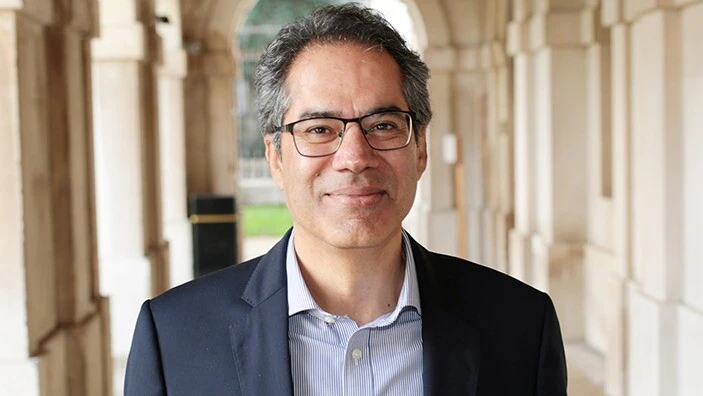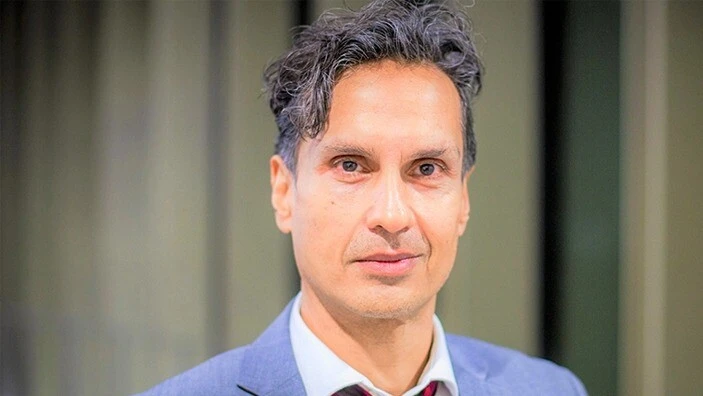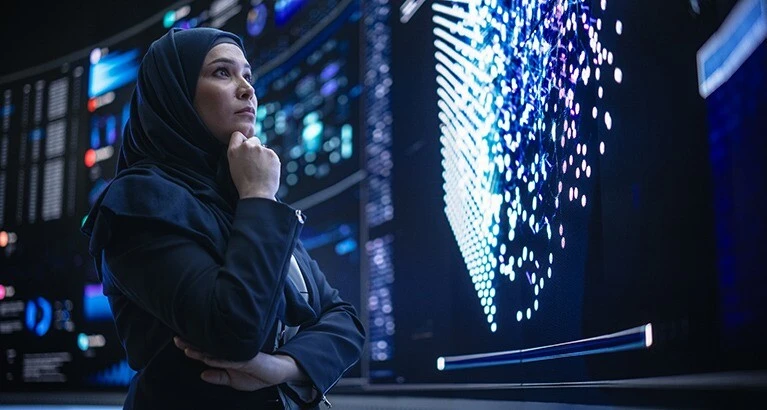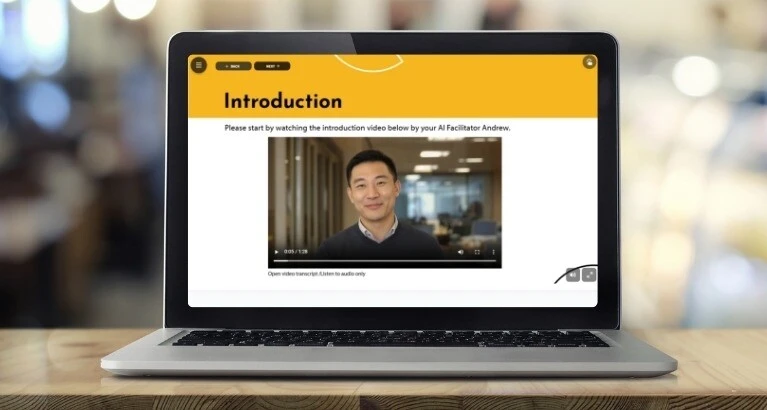Generative artificial intelligence (AI) has the potential to “significantly outperform” human CEOs in data-driven tasks such as product design and marketing, says a Harvard Business Review (HBR) article based on an experiment at Cambridge Judge Business School that simulates the automotive industry.
AI models bettered human participants in strategic decision-making involving profitability and market share, but falters in dealing with unpredictable disruptions such as black swan events, the experiment found.
AI improves strategic planning process and prevents mistakes
“To date, there has been little to no empirical data on how AI would perform as a CEO in real-world scenarios, particularly when compared to human decision-making under similar conditions,” says the HBR article entitled ‘AI Can (Mostly) Outperform Human CEOs’.
“The main takeaway is this: despite its impressive performance, AI cannot assume the full responsibility of a CEO in markets that serve humans. Instead, it can significantly improve the strategic planning process and help prevent costly mistakes.”
Thus, the article concludes, in modelling complex scenarios and data-rich analyses, generative AI “allows human leaders to focus on strategic judgment, empathy, and ethical decision-making – areas where humans excel”.
To date, there has been little to no empirical data on how AI would perform as a CEO in real-world scenarios, particularly when compared to human decision-making under similar conditions.
Can AI take the place of a human CEO?
The experiment from February to July 2024, involving 344 participants, was based on a gamified simulation that replicated the types of decisions faced by CEOs in the auto industry based on real data on historical pricing strategy, market shifts, car sales and wider economic trends such as COVID-19 disruption.
The HBR article is co-authored by:
- Hamza Mudassir, Fellow at Cambridge Judge Business School and founder of the Cambridge-based firm Strategize.Inc, which designed the game used in the experiment
- Kamal Munir, Pro-Vice-Chancellor at the University of Cambridge and Professor of Strategy and Policy at Cambridge Judge
- Shahzad Ansari, Professor of Strategy and Innovation at Cambridge Judge
- Amal Zahra, AI researcher at Strategize.inc
The article says that the impressive showing of AI in the experiment has far-reaching implications: “The rise of ‘artificial CEOs’ could disrupt traditional strategy consulting and internal strategy departments. Firms like McKinsey may find their services supplemented – or even replaced – by AI systems tailored to their clients’ ecosystems.”
“The real risk to human CEOs? Clinging to the illusion that we alone will hold the reins in the future. The future of leadership is hybrid – where AI complements human CEOs focus on vision, values, and long-term sustainability. The CEOs who thrive will be those who master this synergy, leveraging AI not as a rival but as a partner in decision-making.”


Featured faculty
Shahzad (Shaz) Ansari
Professor of Strategy and Innovation
Kamal Munir
Professor of Strategy & Policy
Featured fellow
Hamza Mudassir
Fellow (Strategy and International Business) (Visiting)
Related content
The article in Harvard Business Review entitled ‘AI Can (Mostly) Outperform Human CEOs’ was published in September 2024.





